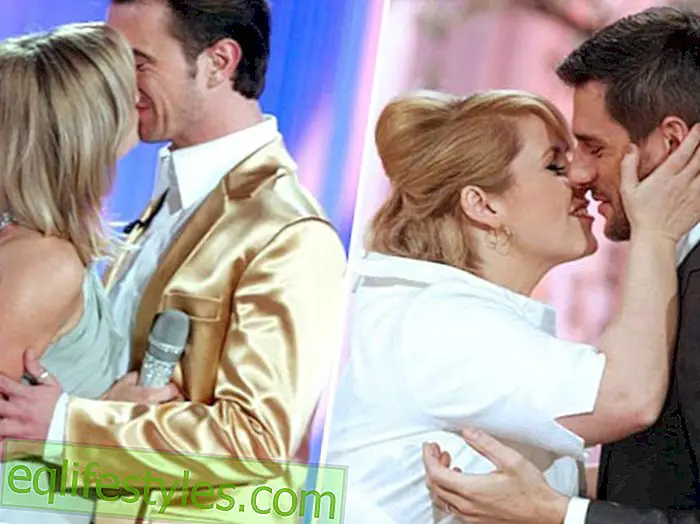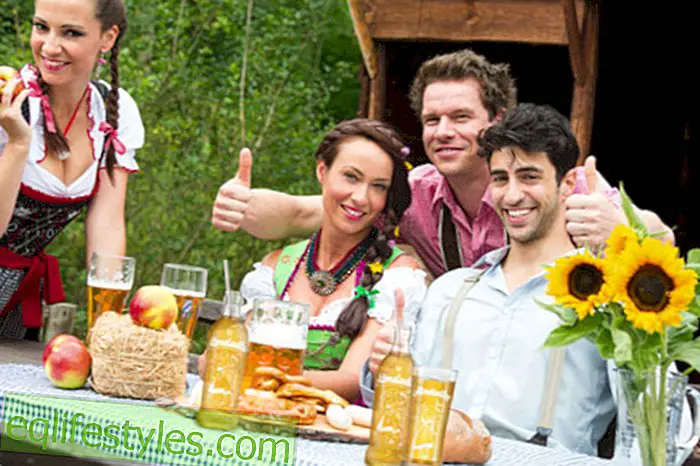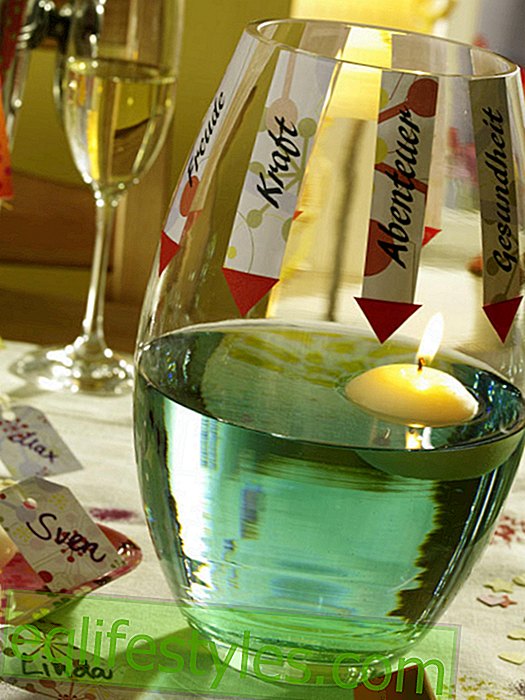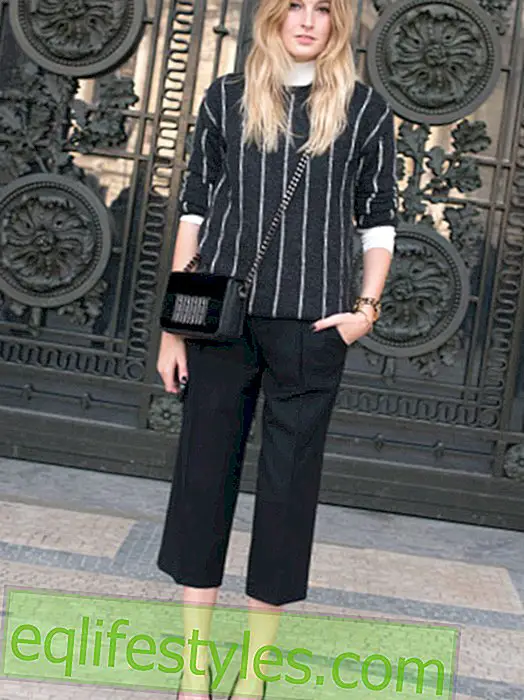
Photo: iStock
Do you recognize Münsteraner by your first name?
As their own children will be called, some girls know as early as childhood. Other women only choose a name when "the time has come" and others choose names for their offspring, which has a tradition.
For all but applies: At the latest four weeks after birth, the name must be established.
However, historians are in agreement: even the zeitgeist decides what a child should be called. More than 2000 years ago, many girls were called Sigrun and Gudrun, which means something like 'fighter' or 'winner'. These qualities should be passed on to the children, so the desire of the parents - and the intention behind the naming. 'Nomen est omen' is often said: the name is quasi program.
But soon the trend has changed. Over the centuries, the sources of inspiration for expectant parents have changed: so you no longer have to go to the Bible to name your child Eva or Elisabeth, but sometimes to the Atlas to give the kids the name Paris or Brooklyn. At least that's how it has come in the US.
In Germany it looks a little different. In 2014, Emma was the most popular German women's name, followed by Mia and Hanna (h). In 2010, Lena instead of Emma made it into the top three, for 2015, the trend also seems to go to Anna and Emily. Pretty names that are likely to fluctuate in popularity. Sociologists see it as a sign of the "individualization of society."

In the North Rhine-Westphalian city of Münster that is different. According to the Münster registry office, there is not much going on in the girls' names. For the past eight years, the top three most popular girl names have been consistently cast with Marie, Sophie and Maria . Every year they defend their place well, the parents resort to these names consistently. Only in 2008, as 'Maria' briefly slipped into fourth place, was displaced by 'Johanna'. But it remained an exception. The years after that it was said again: Marie, Sophie, Maria.
How can that be? These names are suitable as part of a double name. They are pronounced the same or similar in the most common languages of the world, no language barrier can overturn them from the throne. In addition, surveys and statistics show that names trigger associations. Only the sound of the name is decisive. Round vowels like A, O and U sound open, cheerful, optimistic. Marie. Sophie. Maria. I and E, on the other hand, are pointed and testify to shyness. Marie. Sophie. Maria. The Muensterers seem to be unable to decide: Do they want lively, or rather shy girls? So you probably want both.
This is where the name Marie comes from Mirjam, the 'rebellious', the 'untamed'. And it seems to fit: Marie Curie or Marie Antoinette. Sophie means 'wisdom'. One thinks of Sophie Scholl and the book title "Sofies Welt" by Jostein Gaarder about the history of philosophy.
Perhaps the names Marie and Sophie reflect the women of today: multi-faceted. For this they are not dependent on an extraordinary name, as Münster proves.









